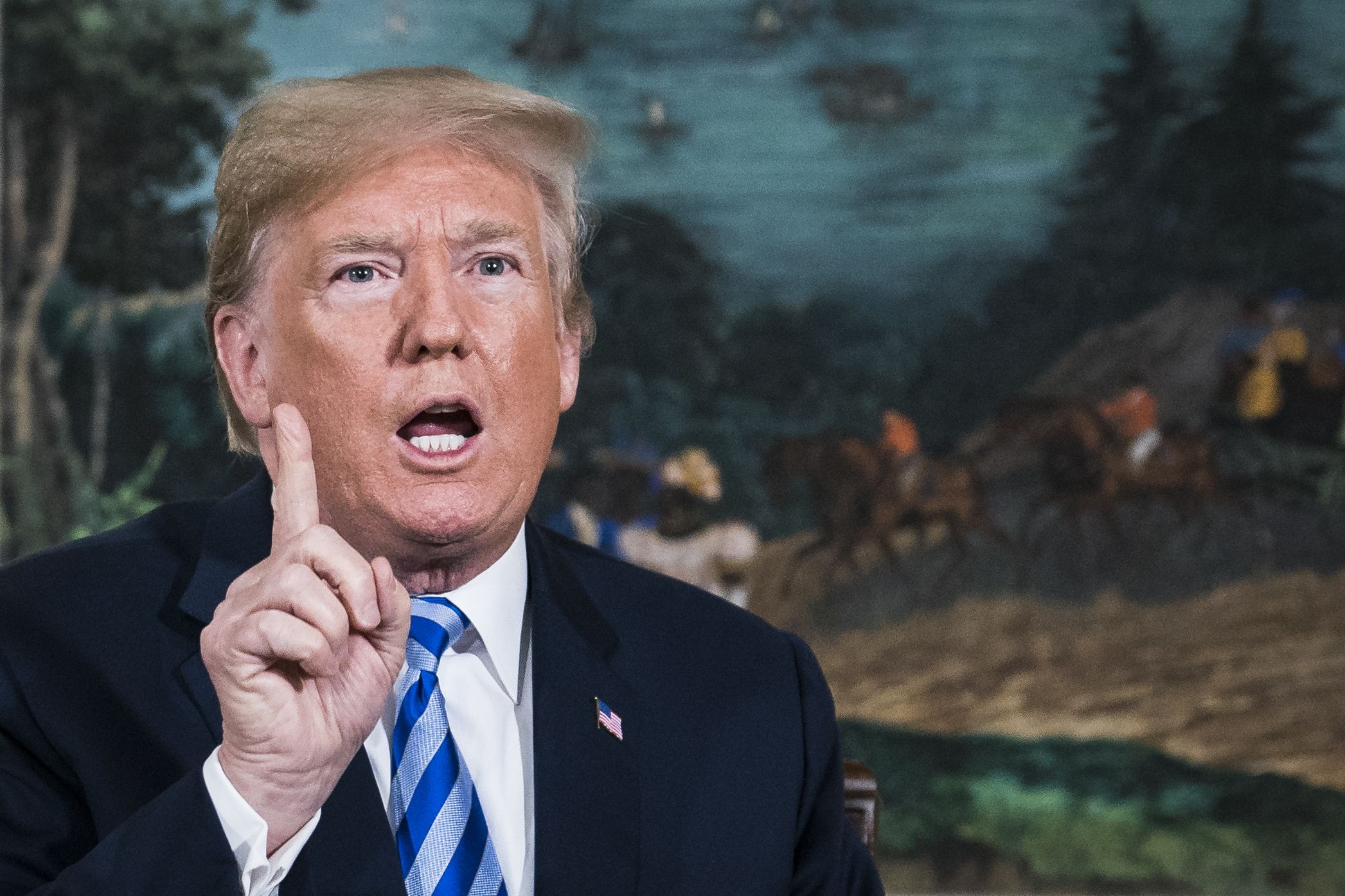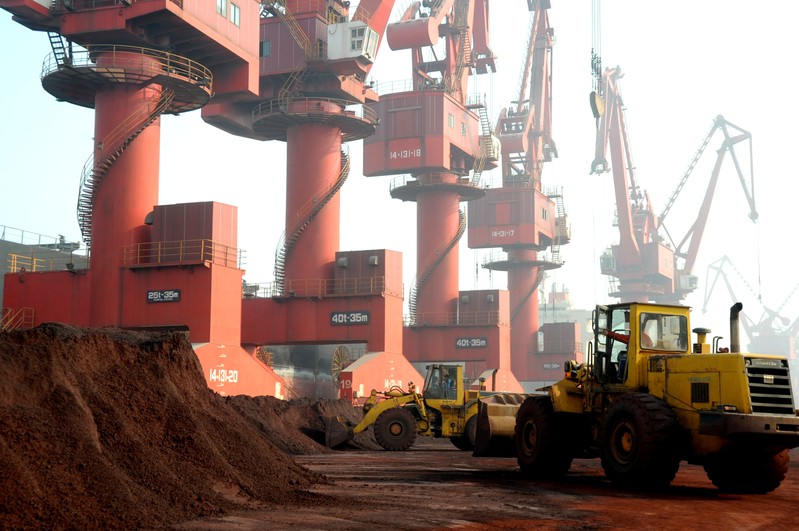
The increasingly hard-line approach toward Iran taken by U.S. President Donald Trump’s administration is a “strategic mistake,” a former U.S. Energy Secretary said Thursday.
At the Ecosperity Conference in Singapore, Ernest J. Moniz — who is currently the CEO of non-profit firms Energy Futures Initiative and Nuclear Threat Initiative — said Washington’s hardening approach risks provoking Iran not to comply with the 2015 nuclear agreement.
Moniz, who was energy secretary from May 2013 to January 2017 under former President Barack Obama, said he believed Iran was still adhering to the Joint Comprehensive Plan of Action (JCPOA). But he warned that the nuclear power could change its mind “within a month or so.”
Moniz’s comments came on the back of an increasingly provocative rhetoric between Washington and Tehran.
That’s the real issue about confidence in no-nuclear weapons program. If we lose that, we would have lost a very, very important tool.
Ernest J. Moniz
former U.S. Energy Secretary
U.S. President Donald J. Trump signs a National Security Presidential Memorandum as he announces the withdrawal of the United States from the Iran nuclear deal during a “Joint Comprehensive Plan of Action” event in the Diplomatic Reception Room of the White House on Tuesday, May 08, 2018 in Washington, DC.
Jabin Botsford | The Washington Post | Getty Images
Moniz said the U.S. may no longer be able to monitor Iran’s nuclear capabilities if the Islamic Republic pulls out of the nuclear deal completely.
The “hard-won aspects of the agreement” — which planned to “severely” limit Iran’s nuclear activities for 15 years — had “unique transparency and verification regimes,” Moniz said.
“That’s the real issue about confidence in no-nuclear weapons program,” he added. “If we lose that, we would have lost a very, very important tool.”
US not ‘immune’ to oil price hikes
Geopolitical tensions between Washington and Tehran, among other escalations in the Middle East, have contributed to volatility in oil prices.
If a major disruption to oil supply occurred — such as “tying up the Strait of Hormuz” — oil prices could spike to “well above” $100 per barrel, Moniz said.
The former energy secretary warned that there may be some “complacency” in the U.S., “that given our dramatic increase in oil production, we are somehow immune to the effects of an oil disruption.”
“History tells us that is absolutely incorrect,” Moniz stressed. “We are tied to the international oil market; we are tied to the international oil price. Frankly, even if we were independent — and we are not — … we would still be exposed to the economic disruption of a price spike.”

